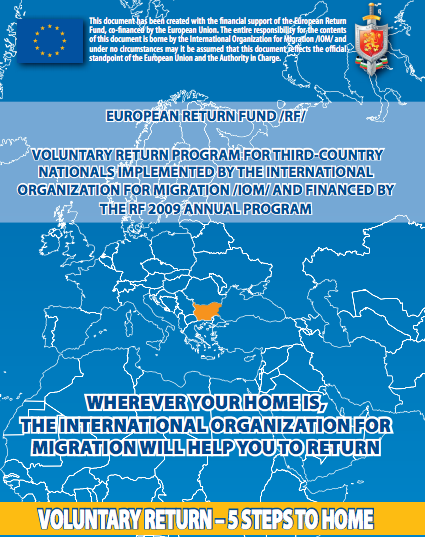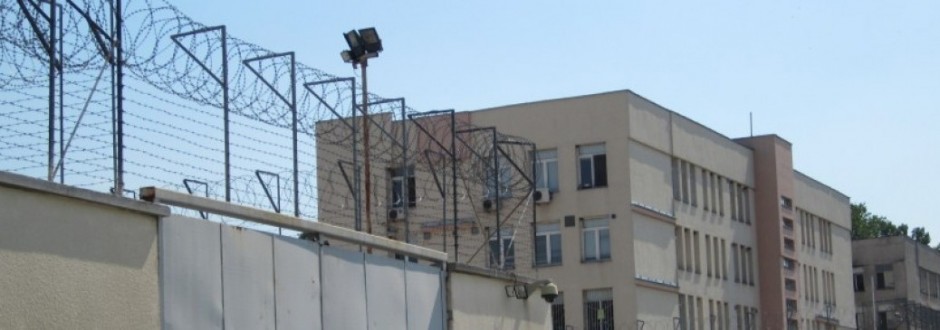At least since the 19th of July 2019 the EU-Turkey deal is suspended. Furthermore hundreds of people were arrested in Turkey and reports were published of refugees getting deported from Turkey back to Syria. Because of the recent happenings also the numbers could change in Bulgaria again. Nevertheless the Bulgarian government created already its own ties with the Turkish government.
According to the Bulgarian authorities, a total of 4,662 people attempted to cross the Bulgarian-Greek border in 2018 and 5,311 people irregularly crossed the Bulgarian-Turkish border. Thus, in 2018, the number of people who wanted to cross the Bulgarian-Greek border increased by six times (before the suspension of the EU-Turkey deal). However, the numbers at the Turkish-Bulgarian border have fallen, very likely because of the fence, the strong efforts of Frontex and new technical equipment.
Nevertheless the violence at the Bulgarian-Turkish border did not stop. In June 2019, the Parliamentary Assembly of the Council of Europe again reported regular push-backs from Bulgaria to Turkey and pull-backs in Turkey. The state-run Turkish news agency Anadolu has reported hundreds of migrants arrested in the province of Edirne, which borders Bulgaria and Greece. In May 2019, the agency reported praise from the Turkish authorities by the Bulgarian Prime Minister, who said earlier that the two countries‘ cooperation is “working perfectly in the fight against illegal migration“. Also the Maritza River (Evros) played a bigger role in the recent weeks. In June 2019, it was announced that authorities are investigating a criminal group which is accused of smuggling 30-40 migrants per week by boat across the river to Bulgaria.
If the numbers of refugees will again increase in Bulgaria, a new route could develope via another river at the border to Romania. Recently a case came into the open where migrants tried to cross the Danube. In the night of the 20th of May 2019, the Romanian police arrested eight people who wanted to cross the Danube by boat from Bulgaria to Romania. The five Iraqi refugees were immediately returned to Bulgaria, and three suspected smugglers were arrested in Romania. Additionally to the repression of the authorities the route itself is not harmless. In late May 2019, a smuggler in Bulgaria was sentenced to six years in prison for attempting to send six people across the Danube to Romania in 2016, with six people dying. And by the end of July 2019 Bulgarian media reported about another smuggling group, which was using the Danube river as a transit possibility for migrants.
The above mentioned examples from Bulgaria show, that whatever will follow, the suspension of the EU-Turkey deal will very likely lead to a more unsecure situation for thousands of people who were forced to leave their home countries by force. It should also not go unmentioned that Bulgaria is developing its own tactics regarding to the expulsions of foreigners. According to a recently published Eurostat statistic, 1,305 non-EU citizens were expelled from Bulgaria in 2018. In 2017, it had been 2,600. However, it has to be taken into account that the so-called „voluntary return“ regime, in which the IOM plays a key role in Bulgaria, is important to mention: In 2017, the IOM was involved in the repatriation of 875 refugees, and in 2018 an interview partner of the IOM estimated the the total number of persons returned to 400 to 500 people.

